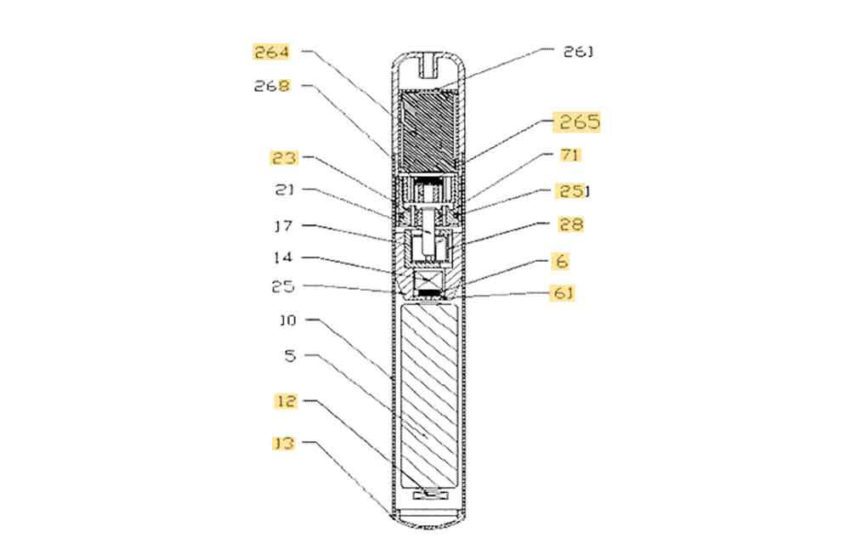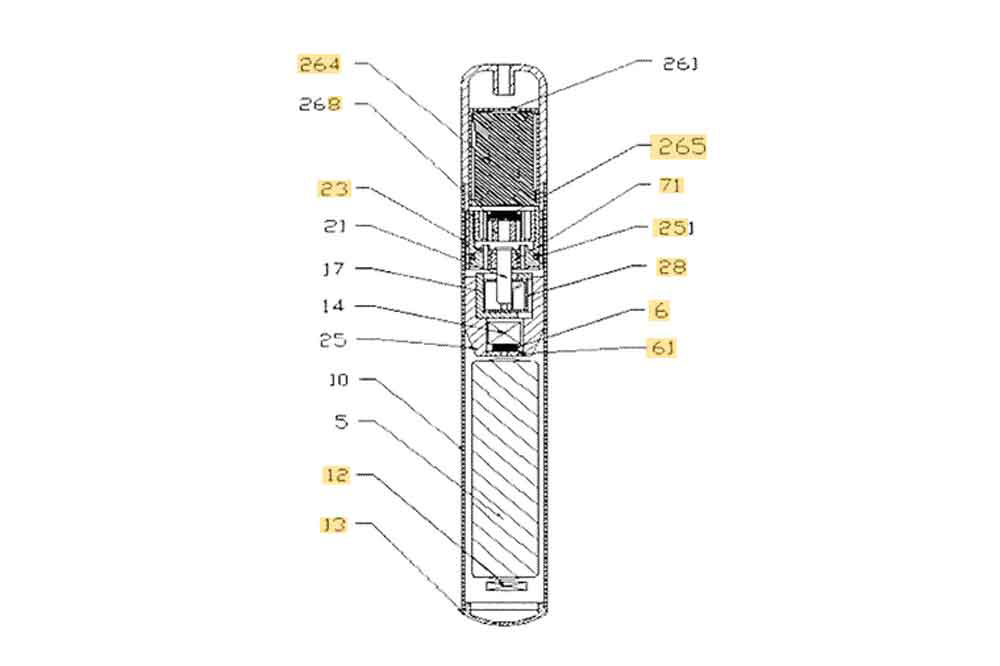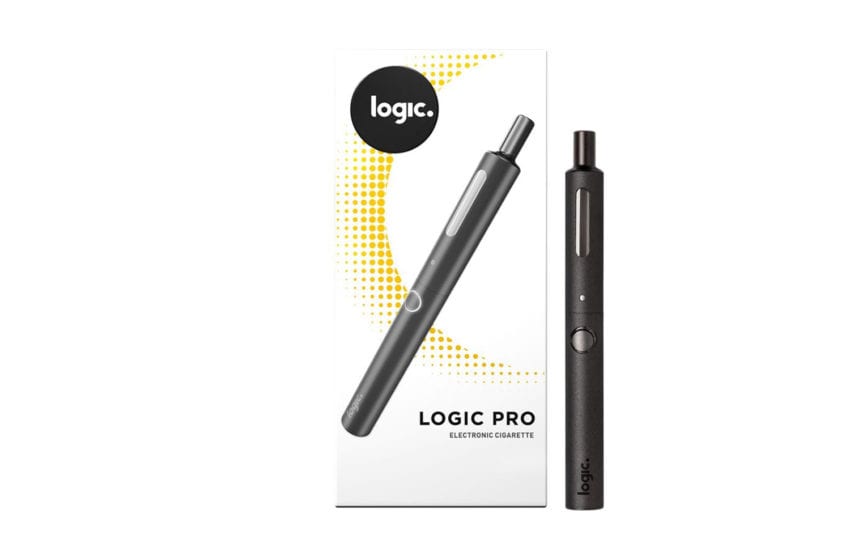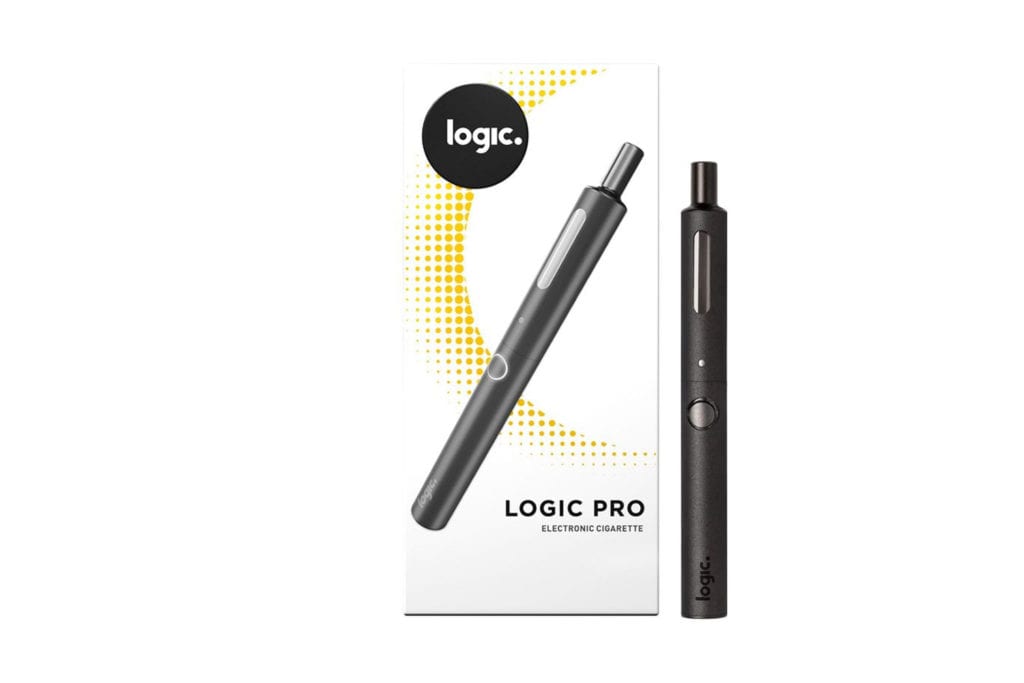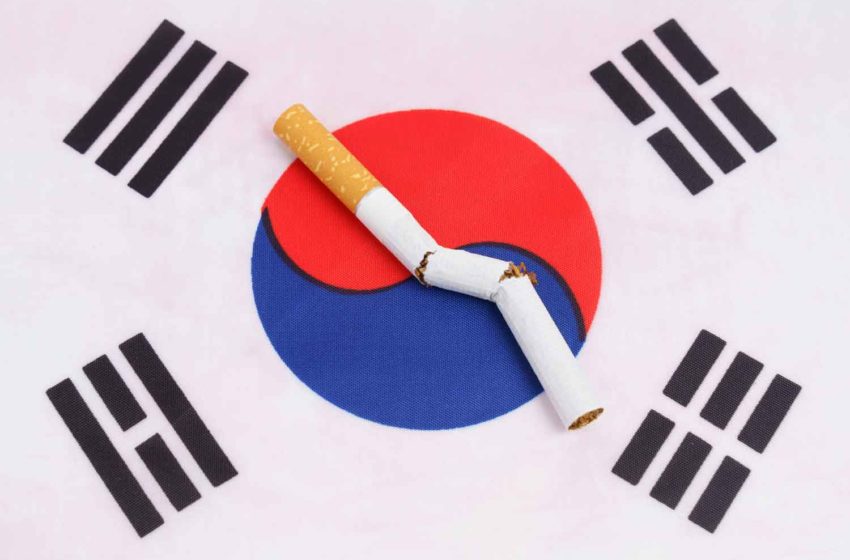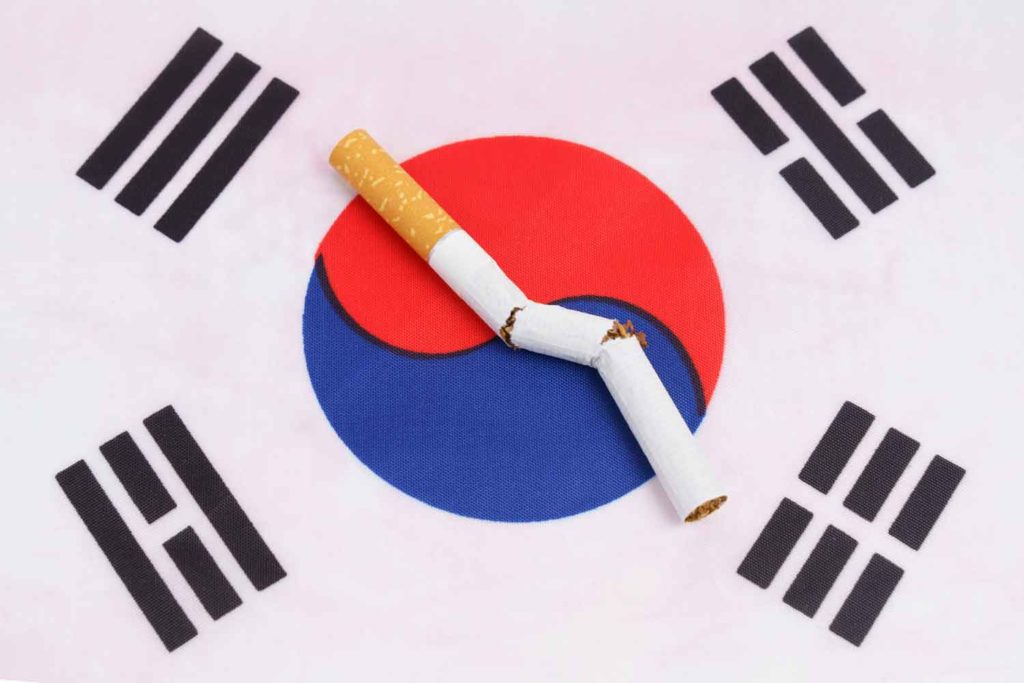
Tobacco farmers in Zimbabwe have requested to receive 100 percent of their proceeds in U.S. dollars as opposed to partially in foreign currency and partially in local currency, reports The Independent. The farmers cited input costs rising due to high inflation and exchange rate volatilities.
The Reserve Bank of Zimbabwe said that tobacco farmers would be paid 75 percent of their sales proceeds in foreign currency. The remaining 25 percent would be paid in the local currency, converted at the prevailing auction exchange rate on the day of sale.
“Expectations are that we retain 100 percent United States dollars (USD). Input costs were very high. Everything was paid in USD, including labor,” Commercial Farmers Union of Zimbabwe President Shadreck Makombe said.
“Contractors need to improve funding per hectare. The dry spell has affected most late crops, and most farmers will have challenges in repaying loans.”
The Zimbabwe Tobacco Association (ZTA) said in its latest newsletter that the forex retention level of 75 percent “will sadly negate all the anticipated positives for the season, hence diversification and identification of alternate crops to tobacco remains key for all growers.”
“Demand for Zimbabwe’s flavor tobacco remains very high. However, it is poor, inconsistent monetary policies that are hurting the local industry and impeding its growth,” the ZTA said.
“We have had a situation last year where contractors failed to pay farmers,” said George Seremwe, president of the ZTA. “To date, some of the farmers have not been paid. We do not expect that situation to happen. We don’t expect the same contractors to be buying tobacco this season until they fulfill last year’s obligations.”
“We expect the grading and pricing system to be uniform. We cannot have one contractor paying one grade higher than the other. We want that to be addressed as well.”
The marketing season officially begins on March 30.













